
On April 25, the seminar themed "Research on Legal History under the Autonomous Knowledge System of Law" was successfully held by the Law School of Beijing Normal University in Conference Room 1922, Rear Main Building. Professor Zhu Yong from China University of Political Science and Law, Professor Hou Xinyi from Shandong University, Researcher Zhang Sheng from the Law Research Institute of the Chinese Academy of Social Sciences, Professor Nie Xin from the School of Law of Tsinghua University, Deputy Director Yao Guoyan from the Rule of Law Research Institute of the China Law Society, Director Li Fupeng from the Legal History Research Institute of the School of Law of China University of Political Science and Law, Professor Chai Rong from the Law School of Beijing Normal University, Professor Xia Yang from the Law School of Beijing Normal University, and Associate Professor Li Dejia from the Law School of Beijing Normal University attended the seminar. The opening ceremony was presided over by Professor Xia Yang from the Law School of Beijing Normal University.
Professor Xia Yong emphasized that traditional Chinese rule of law, as the core content of social order, is deeply reflected in Chinese culture. The core principles reflected in the "Sixteen-character maxim," which states that "Human nature is fickle and perilous. The pursuit of truth is exceptionally subtle. In the quest for truth, one must be single-minded. It is essential to hold to the center with impartiality," has a crucial impact on the rule of law in China. Emphasis is placed on sharing the embodiment of the principle of “holding the center with impartiality” in law, especially in the judicial process, particularly during the Qing Dynasty. By establishing hierarchy and restrictions, as well as establishing a mechanism for balancing power, the fairness and impartiality of the judiciary has been achieved. The principle of “holding the center with impartiality” has not only been reflected in the legal field, but also played an important role in national management and social governance. By adhering to the principle of “holding the center with impartiality”, harmony and justice can be achieved for the country and the people, thus promoting social stability and national development. The principle of “holding the center with impartiality ” in traditional Chinese rule of law have had a profound impact on the development of China's legal system and the practice of national governance, providing important references and inspirations for building an autonomous legal knowledge system.
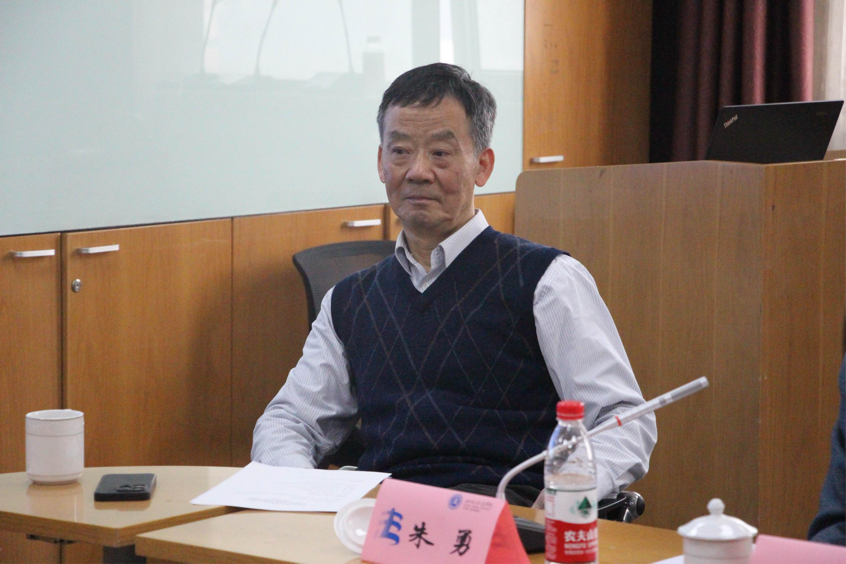
Professor Hou Xinyi explored the positioning and development direction of the discipline of Chinese legal history, as well as the relationship between traditional Chinese legal civilization and modernization, and put forward some thoughts and viewpoints on the current status and development trends of the discipline. Firstly, Professor Hou Xinyi pointed out that the discipline of Chinese legal history emerged under the influence of Western foreign cultures, but now faces the problem of how to define China's autonomous legal knowledge discourse system. The previous discourse system of institutional knowledge did not solely refer to traditional legal knowledge, but rather focused more on contemporary China's rule of law practices, which sparked discussions and reflections on China's rule of law practices. Secondly, Professor Hou Xinyi proposed reflections on the traditional Chinese legal civilization and modernization. He believes that the continuity between tradition and modernization should be maintained, but it is also necessary to have a correct understanding of the modernization process in contemporary China and avoid going to extremes.
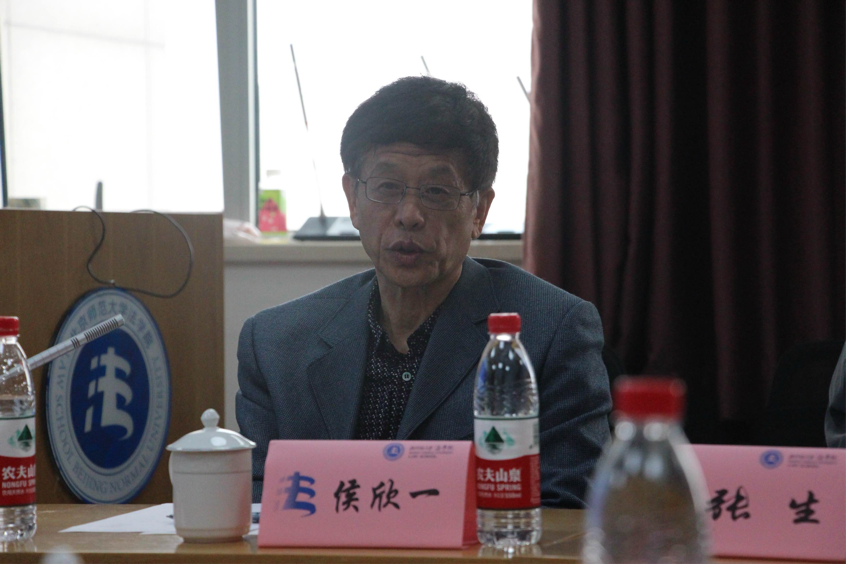
Researcher Zhang Sheng first emphasized the importance of an autonomous knowledge system. A reflection on the autonomous knowledge system has been proposed, especially in the current era where imitation has reached its limit and autonomy and creativity must be pursued. In this context, the core of Chinese culture was explored, starting from the human heart in oracle bone inscriptions, and the importance of concepts such as human heart and virtue in Chinese civilization was discussed. The contribution of Chinese civilization and the challenges and opportunities in the modernization process were discussed, emphasizing the importance of human hearts as the core of civilization and linking it with the modernization process and the construction of autonomous knowledge systems. In addition, an analysis was conducted on the historical evolution of concepts such as modernization and codification, emphasizing the importance of rationality and morality. Finally, the necessity of constructing a new paradigm was proposed, and the core position of the human heart in connecting ancient and modern, Chinese and Western civilizations was emphasized.
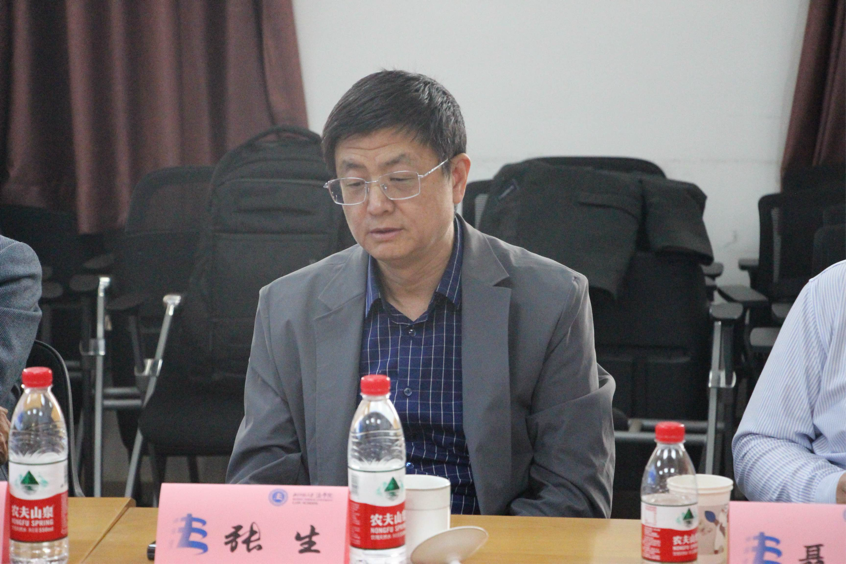
Professor Nie Xin first mentioned the efforts of the legal history discipline in adhering to Chinese traditions in the past, but in recent years, there may be some cultural anxiety and insufficient support in the context of China's autonomous knowledge system construction. A comparative analysis was conducted on this, pointing out the historical attitudes towards Westernization and modernization, as well as the influence of Chinese cultural traditions in the process of modernization. Then, it discusses the connotation of Chinese path to modernization and emphasizes the importance of maintaining its own cultural tradition while learning from the achievements of world civilization. In this context, the differences between the theoretical and practical circles in their treatment of Western theories and practices, as well as their understanding and practice of mutual learning between the East and the West, were explored. Finally, it emphasizes that the discipline of legal history, as a key role in the process of cultural inheritance and modernization, needs to maintain self-confidence, fully take into account the issue of mutual learning between China and the West, and achieve the goal of Chinese path to modernization.
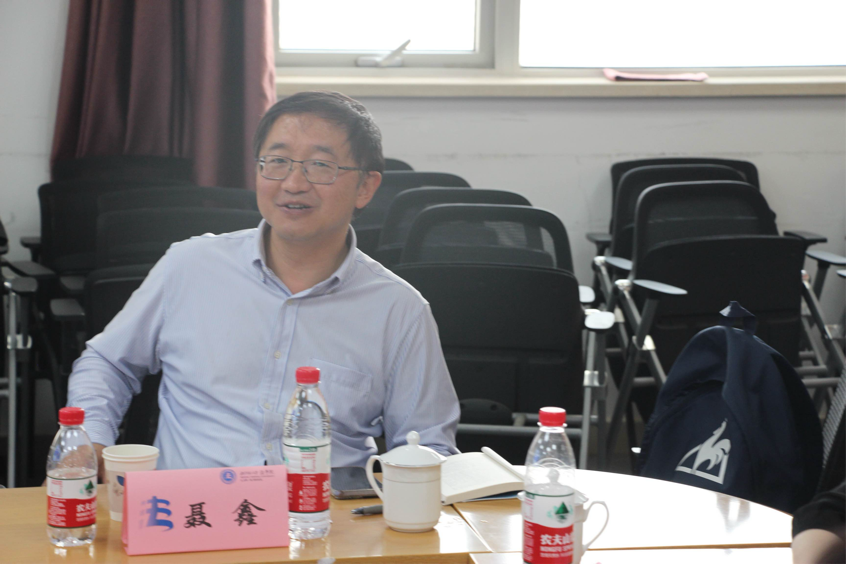
Researcher Yao Guoyan believes that although ancient knowledge systems have value, they need to be transformed and modernized to meet current needs and challenges. This requires a clear explanation of the path and method of transformation. Against the backdrop of unprecedented global changes, China needs to construct its own discourse and rule system on the international stage. This requires sufficient strength and development process, and active participation in international rule making, even leading the rule making in certain fields, to promote the transformation of the global governance system. I look forward to more research and construction work on China's autonomous copyright knowledge system in the future, so as to make more contributions to the development of China's unique governance system and the enhancement of international discourse power.
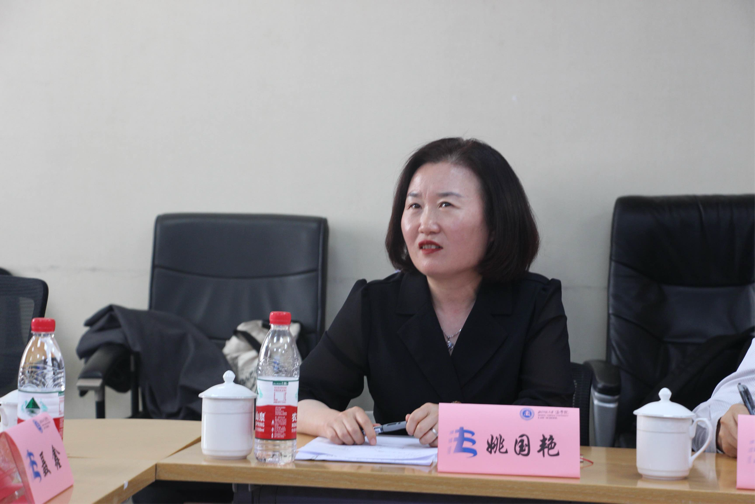
Associate Professor Li Fupeng summarized a series of scholars' insights and viewpoints on important issues related to Chinese legal culture and academic research. Firstly, he emphasized the need for a more specific and direct response to the challenges of the times in the study of the spirit of Chinese law, and proposed the construction of a new paradigm and an open research method. Secondly, the role of the media center was mentioned, which is to understand its impact on modern legal systems by studying the characters and systems of the media center in history. In addition, the special position of China in global academic exchanges was discussed, emphasizing China's uniqueness in time and space scales, as well as the maintenance and inheritance of its autonomy. Finally, the potential influence of scholars in policy-making was emphasized, as well as the sense of mission and influence in academic research dialogue.
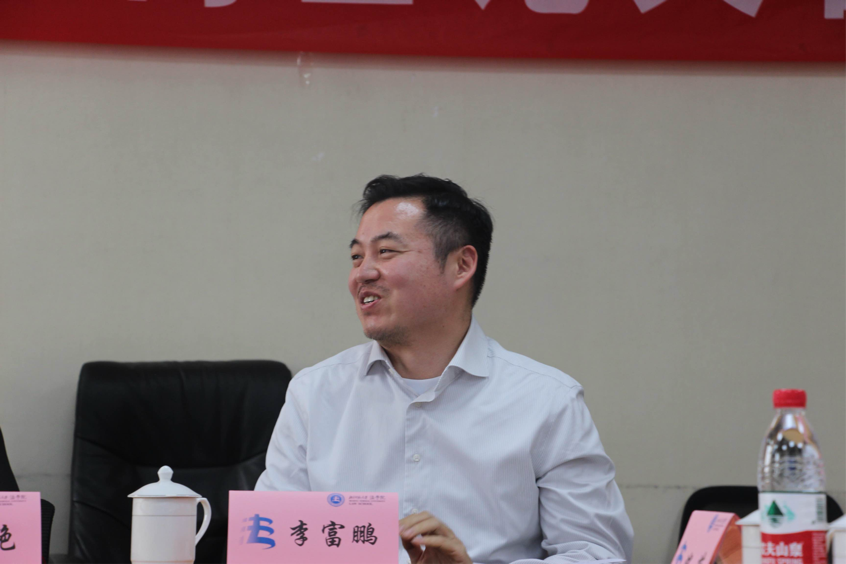
Professor Chai Rong underscored the critical nature of confronting contemporary issues and challenges, urging scholars to be more acutely aware of the needs and demands of the current era. He stressed that a spirit of open and reciprocal learning can enhance our intellectual framework. While it may not be feasible to engage in direct and constructive research into the autonomous legal knowledge system, as legal historians, we can explore its historical dimensions and strive to bridge the gap between Chinese and Western cultures. Professor Chai highlighted that scholars' interpretations have the potential to influence policy-making and implored the academic community to actively contribute their efforts.
Associate Professor Li Dejia delved into the manifestation of Confucian political thought within China's institutional framework. He referenced the political ideals encapsulated in early classics like the "Book of Documents" and the moral precepts they contain, such as the narrative of Yu the Great taming the floods. This leads to a pivotal inquiry: how do Confucian political tenets translate into concrete institutional mechanisms and practices? Despite the venerable status of Confucianism in traditional culture, the Confucian canon tends to concentrate on the explication of moral principles and utopian visions, offering limited detail on the specifics of institutional design and operational strategies. Professor Li Dejia thus posed the challenge of converting Confucian philosophy from a realm of idealism into one of institutional reality.
The seminar concluded with notable achievements. The participating experts encapsulated the scholarly advancements and future trajectories of legal historical research within the autonomous legal knowledge system, striving to furnish a rich and profound comprehension and acknowledgment of the historical dimensions inherent in the legal field.
